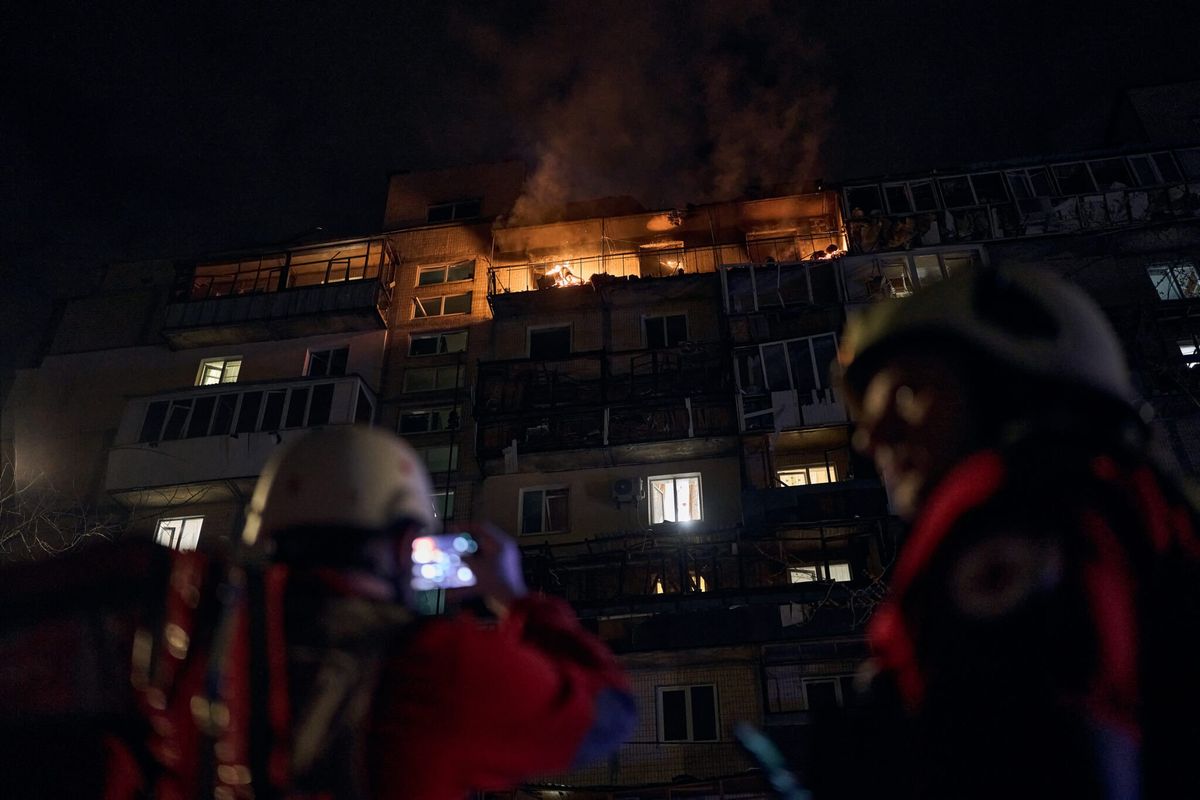Libya’s UN-brokered Government of National Unity (GNA) has so far failed to unite the country’s competing regional and tribal factions and, by early June, the body faced heavy criticism from Libyans across the country due to the escalating currency crisis, the rapid collapse of public services, and the continuing tug-of war over who holds legitimate control over Libya’s key institutions.
The House of Representatives (HoR) has still not ratified the GNA as Libya’s legitimate government and, against the backdrop of a political stand-off over who should have supreme command of the Libyan army (the GNA or General Haftar, head of the so-called Libyan National Army), the relative success of GNA-allied forces in driving back Islamic State (ISIS) forces around Sirte in late May could paradoxically lead to increased tensions between rival blocs and militias, meaning an uptick in violence and instability as power structures are realigned. Most crucially, Libya is poised for a revenge attack by ISIS to divert attention from its territorial losses. This is the pattern that has been set in Iraq and there is no reason why it should not hold in Libya as well.
The GNA’s Misratan-led assault on ISIS in Sirte suffered serious setbacks at the start of the operation in May and a high number of casualties were sustained. However, various militias from Misrata and Western Libya continue to join the effort and, as of early June, the GNA had managed to regain significant ground lost in previous weeks to ISIS and had retaken the towns of Abu Grein, Zamzam and Al Washka. The city of Sirte remains under ISIS control but the area controlled by the group has been significantly reduced. The threat of retaliatory attacks by ISIS and other jihadist groups against the Libyan and international forces massing against it is severe, particularly in Misrata and Tripoli. The ability of these groups to make frontal offensives has been harmed, but their ability to launch pinprick attacks is probably unaffected. Indeed, ISIS is more likely than ever to launch suicide bombings or other high impact terrorist attacks, given that they are on the back foot militarily.
The momentum of Haftar’s Libyan National Army’s (LNA), built up during the first quarter of 2016 as a result of victories against ISIS in Benghazi and Ajdabiya, has slightly waned during May in part due to the significant (counter) momentum of the GNA’s forces against ISIS west of Sirte and the gains made by the Petroleum Facilities Guard (PFG) east of Sirte at the end of May. PFG units took control of a number of oil fields at the end of May, including Al Jabal and Waha Al Waha. Additionally, as of early June, reports confirmed that PFG forces were securing Bin Jawwad town centre and were at the outskirts of Nawfaliyah. PFG leader Ibrahim Jadhran’s widely rumoured links with ISIS and his tribal relations in Bin Jawwad and Nawfaliyah mean that the PFG’s control of these towns may only be surface deep. LNA supporters suggest that a deal was cut between Jadhran and ISIS to take Bin Jawwad and Nawfaliyah, provided he does not advance further west and continues to block the LNA’s advance to Sirte. As a result of these advances, there is growing tension between Haftar and the PFG, which could easily escalate.
The international community continues to push ahead with plans to intervene decisively in Libya. On 23 May, EU foreign ministers agreed that EU NAVFOR Med, the EU's anti migrant-smuggling naval operation also known as Operation Sophia, would be extended by one year and given the explicit task of training the Libyan coastguard and navy while, on 27 May, Britain’s Prime Minister David Cameron said that Britain plans to send a warship to help intercept arms smuggling to IS in Libya once it has a UN mandate to do so.
In short, we are likely to witness more de-facto international intervention as different countries step up direct support to allied Libyan power brokers on the ground and at sea to fight ISIS. However, politically Libya is on a knife edge and any international intervention which allies itself with certain militias on the ground to the exclusion of others may unwittingly push the country towards renewed division and factionalism.
Rhiannon Smith is a Partner at EyeOnISISinLibya.com and Programme Manager for the Middle East at the University of Cambridge Judge Business School. She worked in Tripoli, Libya for three years for a number of organisations including research consultancy Know Libya and international NGO No Peace Without Justice.
A weekly update of ISIS’s actions, the Western response, and developments pertaining to Libya’s other militias is available by subscribing to EyeonISISinLibya by clicking here.
You can read a summary of recent media coverage of ISIS in Libya reports by clicking here; or delve into scholarly analysis here. A catalogue of ISIS’s statements and agitprop is available here.






